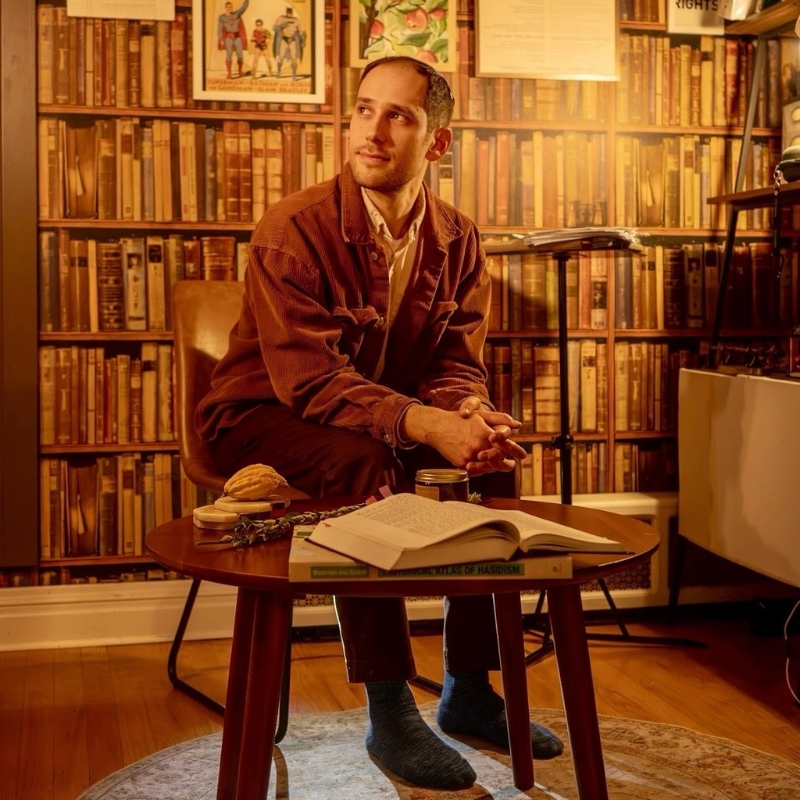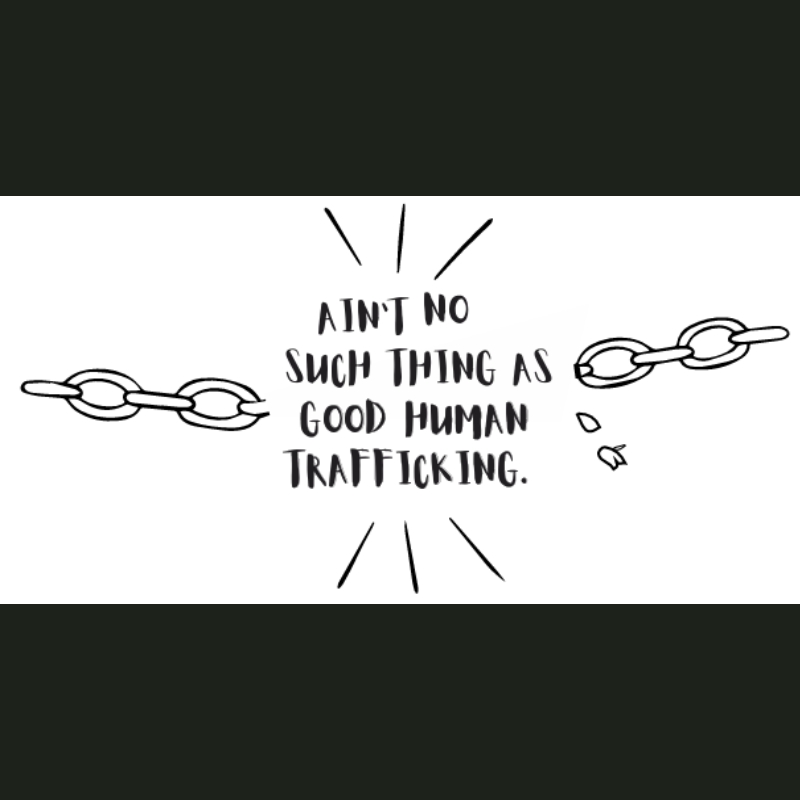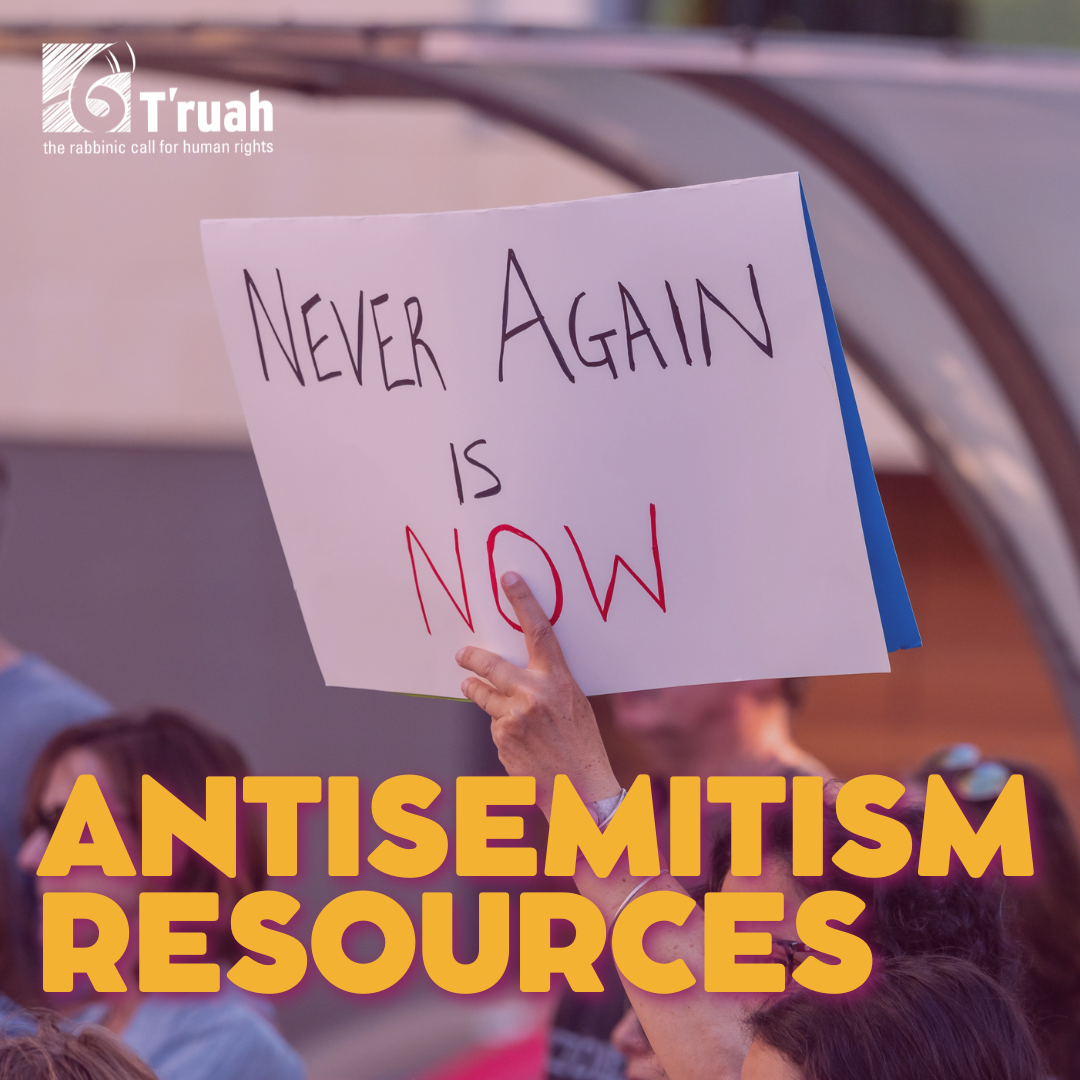Resources

Texts on Living Wage
This eight-page source sheet makes an argument from classical Jewish sources that Jewish employers should pay a living wage. Includes executive summary.
more
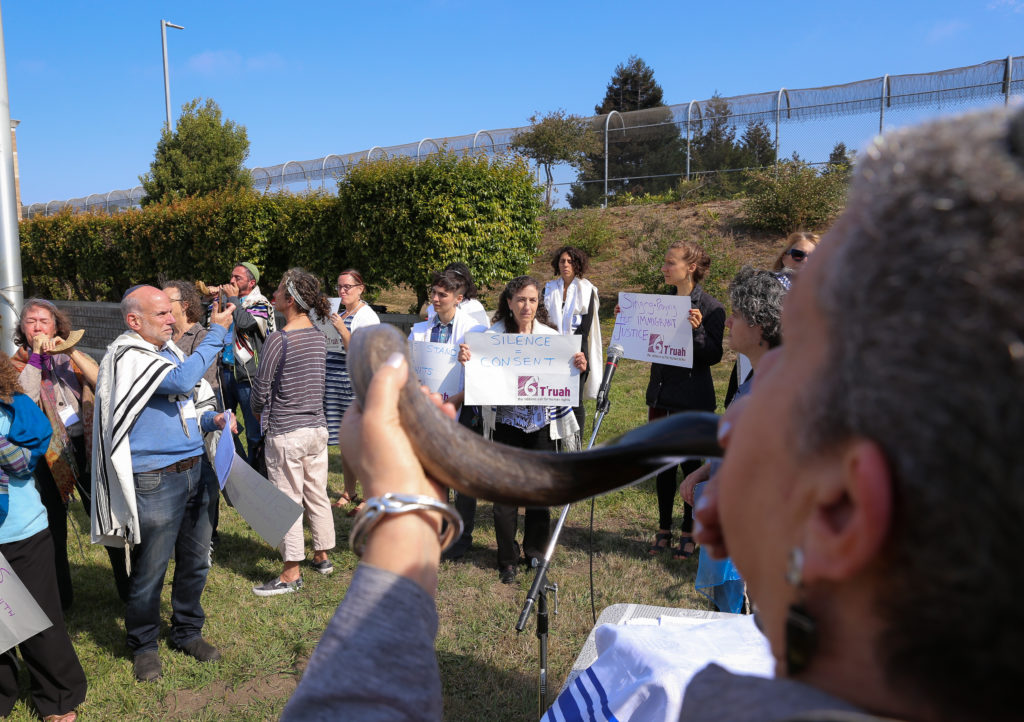
Spreading a Sukkah of Peace Over a Person in Sanctuary
My community in Boston, Nehar Shalom Community Synagogue, is part of a sanctuary cluster of six houses of worship—three Christian, three Jewish—supporting a man lacking immigration status who is currently a guest in one of the churches. I had the privilege to speak at a Sanctuary press conference during the deeply reflective days of turning...
more

The Land of Strangers
The midrash teaches that the first human/adam was created with soil from the ground / afar min ha’adamah from every direction, meaning from every place, so that no matter where the first human’s progeny wandered, they would still be at home. Wherever a person dies and is buried, their bodies will not be strangers to the soil,...
more

Lift Up Your Lulav And Yourself
This past summer, my family moved out of our cramped New York apartment and into a beautiful new home in western Massachusetts. The people are wonderful, there are farmstands selling local fruits and veggies everywhere, and there are lots of hiking trails minutes from our front door. But if you’ve ever moved to a new...
more
Prayers for the State of Israel
These five prayers for the State of Israel, each written by a different T’ruah chaver, offer a variety of styles and emphases to supplement the more traditional prayers found in our siddurim. Rabbi David Seidenberg uses the format and much of the language of the traditional prayer, adapting it word-by-word to reflect a more progressive...
more

Al Chet Sh’chatanu
I felt rage and disappointment in their choices and positions. Being a rabbi in Texas meant I was constantly trying to connect our moral traditions to political action, while simultaneously removing any hint of partisanship from the conversation. For a long time, I walked the delicate balance, recognizing that while our values relate to our...
more
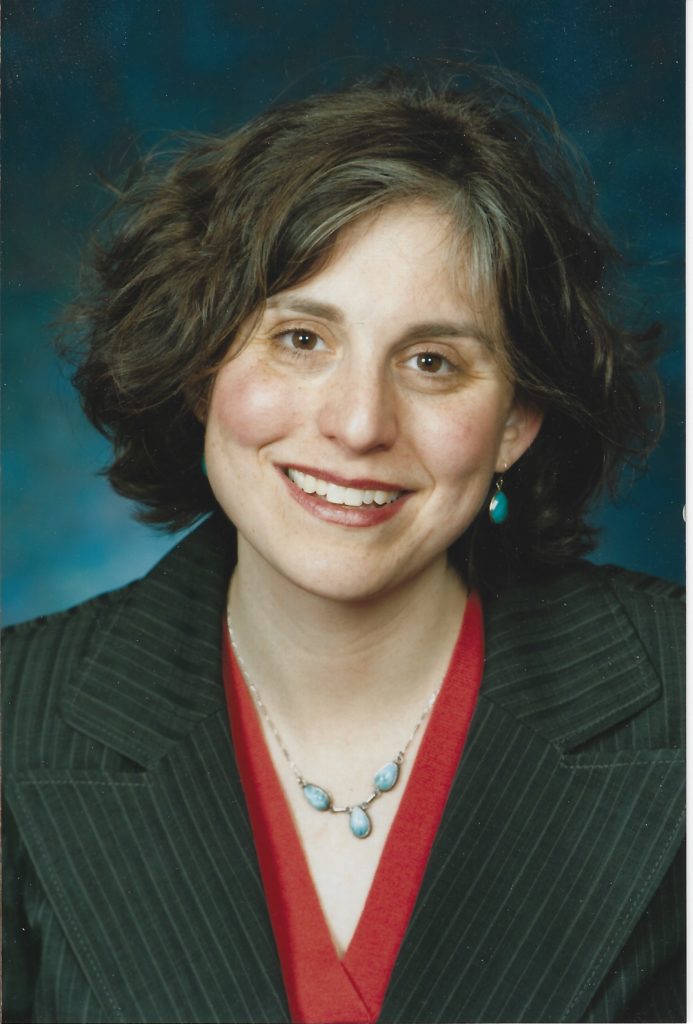
Simple Acts of Dignity and Loving-Kindness
“If we do nothing more than be aware of the essential elements of dignity in our everyday lives and practice honoring dignity, we will be making an enormous contribution to the healing of shared injuries.”¹ Through my work as a chaplain, I have developed a deep appreciation for the healing power of loving-kindness and the...
more

Racing to Justice, by john a. powell
A group of T’ruah chaverim has been reading and discussing Racing To Justice: Transforming our Conceptions of Self and Other to Build an Inclusive Society, by john a. powell (Indiana University Press, 2003). Rabbi Bob Gluck offers this five page digest of the book, with excerpts, as a resource for chaverim looking to learn more about...
more
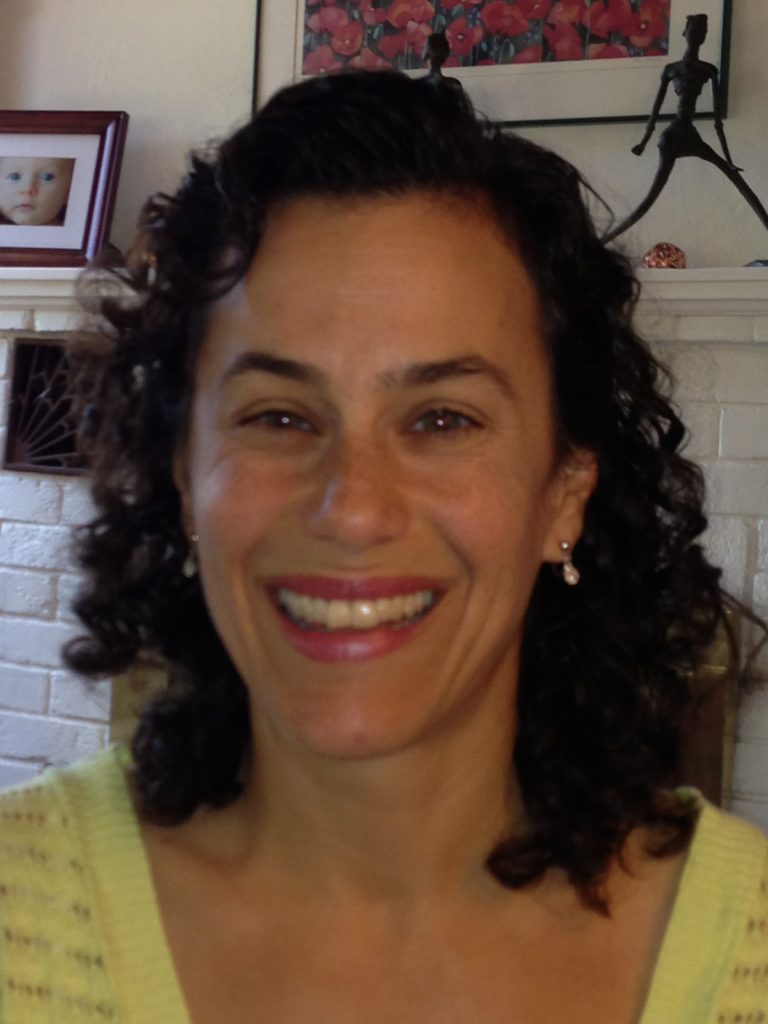
Lo Bashamayim Hi: Torah is Not in Heaven
Moses, our resolute, irascible, courageous, and humble leader, is desperate. Moments before his death, he gathers us. He implores us to follow Torah. He forcefully argues that each one of us is vital in this covenant with Torah and the Holy One. Wanting to have a voice far into the future, Moses makes the covenant...
more
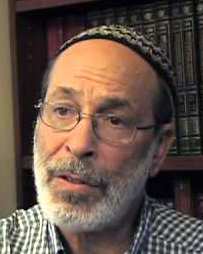
In Time of Upheaval: Wonder & Awe OR Wealth & Wall?
Rabbi Abraham Joshua Heschel taught that there are two ways of being in the world: “the way of expediency” and “the way of wonder.” In the former, we seek to take what we can from the world and others; in the latter, our focus is on how we can serve. When we are driven by...
more

